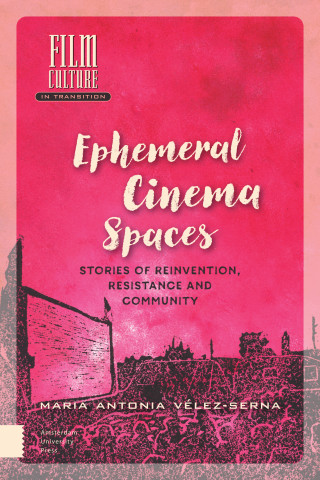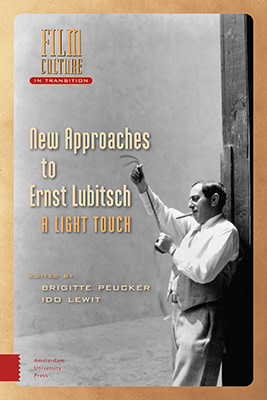This exciting collection of unpublished essays on Ernst Lubitsch addresses multiple gaps in scholarly and critical engagement with the director. His understudied early German films shed light on Jewish culture, on the relation of comedy to gender and the influence of theatre on his filmmaking. The popular historical epics brought Lubitsch an invitation to Hollywood in 1922. There, Lubitsch helped develop the film musical and notably contributed to the genre of Hollywood romantic comedy. The well-known scholars—film historians, archivists, and theorists—whose essays appear in this volume expand our knowledge of the set designers, actors, directors and members of the emigré community who contributed to Lubitsch’s vibrant films. An emphasis on the role of material objects opens up a new dimension of critical engagement with the director. Light is shed on neglected films, and the antifascist dimension of his oeuvre brings his political stance clearly to light. As these essays make clear, Lubtisch’s cinema is elusive and deserving of our close attention.

